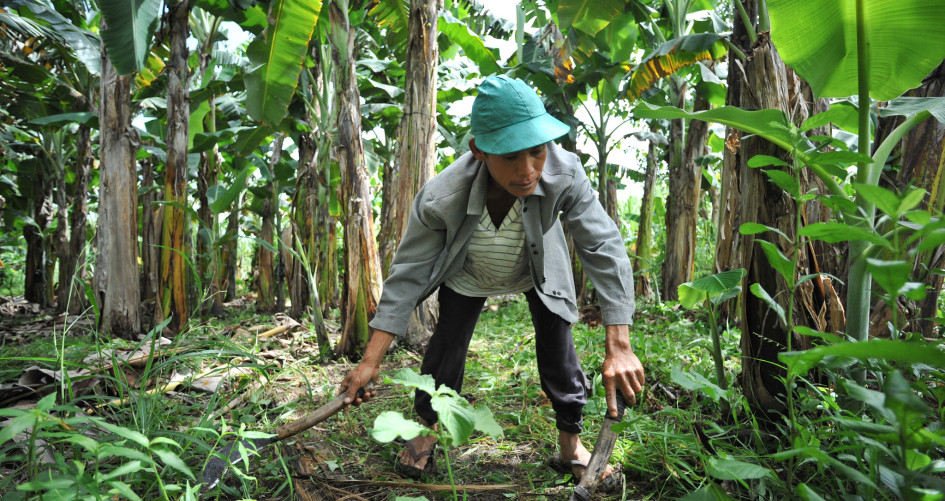|
Contact:Brian Thomson, IFAD b.thomson@ifad.org |
The “Adaptation for Smallholder Agriculture Programme” (ASAP) is the world's largest climate change adaptation programme for smallholder farmers. It is a dedicated financing window that receives climate finance from multiple donors and blends this with core resources of the International Fund for Agricultural Development (IFAD). It aims at making bilateral climate finance work for smallholder farmers to cope with the impacts of a warming climate while at the same time reducing carbon emissions.
ASAP investments benefit local farmer-based organizations from more than 40 least developed countries (implementing partners), but are commonly implemented through national implementing agencies such as ministries of agriculture. Financing partners are Belgium, Canada, Finland, Netherlands, Norway, Sweden, Switzerland, South Korea, United Kingdom, and Flanders.
With the resources mobilized to date, ASAP aims at increasing the climate resilience and food security of 8 million poor smallholder household members across the world by 2020, and at reducing at least 80 million tons of greenhouse gas emissions. With an additional support of US$ 300 million, IFAD would be able to reach an additional 15 million smallholders by 2025.
Partners Have Committed to the Following Goals, by Be Achieved by 2020:
- 8 million smallholders have increased their climate resilience;
- 80 million tons of GHG emissions (CO2e) are avoided or sequestered;
- 1 million hectares of land are managed under climate resilient practices;
- Water availability or efficiency has increased for 100,000 smallholder households;
- 1200 community groups have been engaged in climate risk management, environmental and Natural Resource Management or Disaster Risk Reduction activities;
- US$ 80 million of rural infrastructures are made climate resilient;
- 40 international and/or country policy dialogues on climate change are supported.
Means to Reach the Goals:
- Investment in concrete support: access to infrastructure, information, technology, social organization, capacity development, policy engagement.
- Building of best available science and local knowledge to sustain farmers’ resilience.
- Support to local and national policy dialogue on agriculture and climate change.
- Global advocacy, to make the role of smallholder farmers for climate action better visible.
